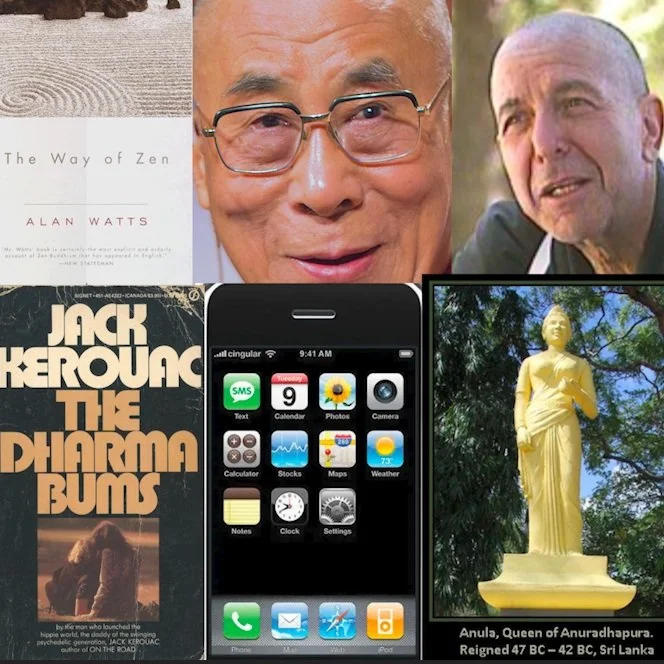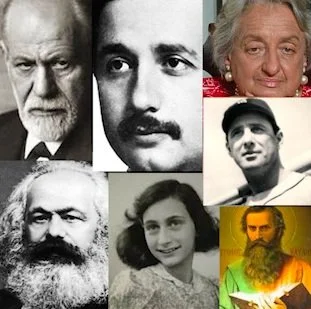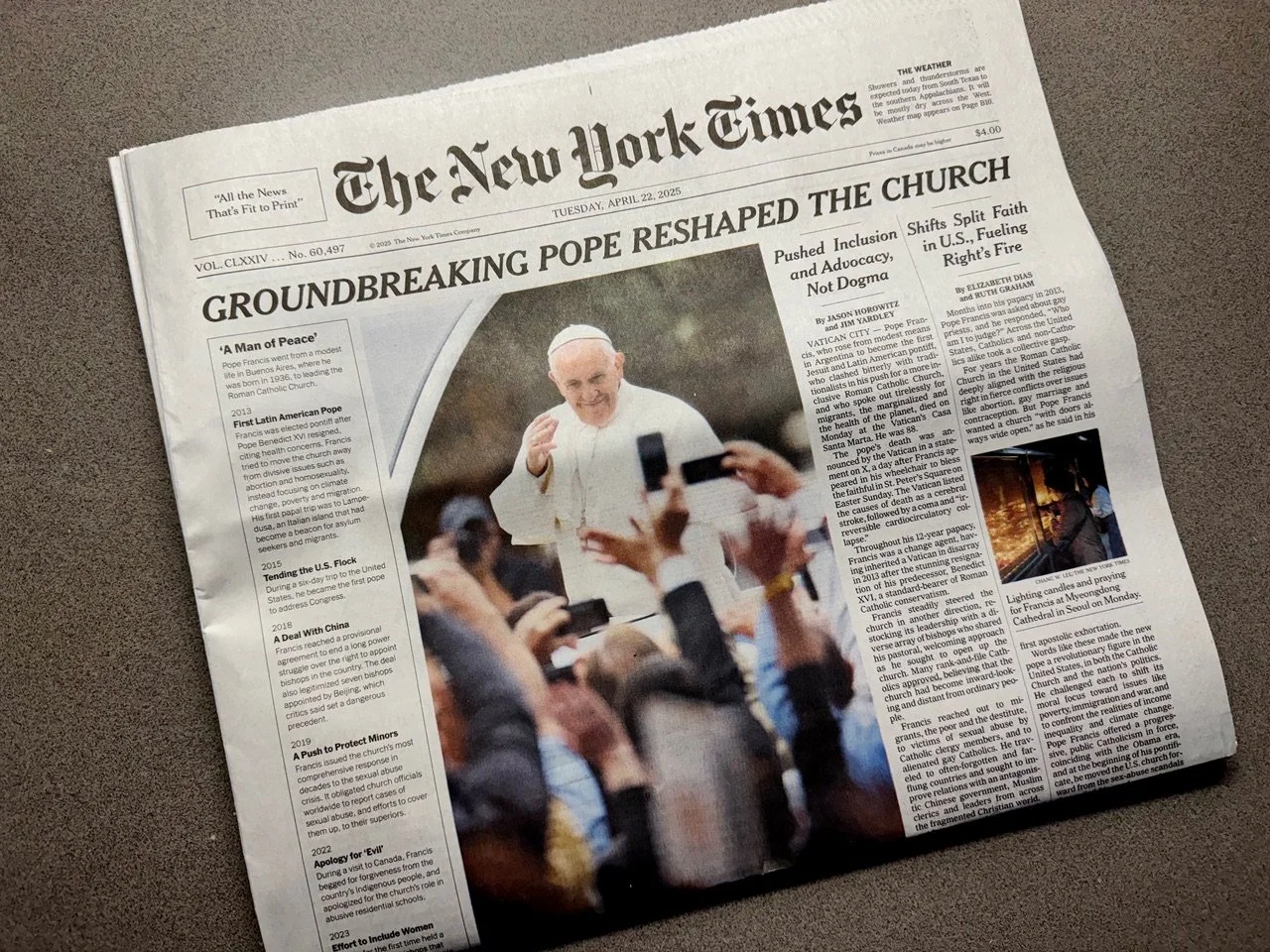Difficult things: a Video
This is a short video, filmed in France, on the inescapable requirement, in life, that we do difficult things. For example:
Things that we don’t want to do, like apologizing when we were wrong.
Or things that we don’t want to do, like apologizing when we are not convinced we were wrong.
Most of the videos I’ve been experimenting with cut rapidly among numerous shots. This includes just one shot. It is rich, however, in moral questions.
click here for the video
A Stroke of Luck
I almost died before I got old, and with all due respect to Pete Townshend, that wasn’t the plan.
There had been broken bones, heel spurs, cataracts, sleep apnea, and plenty of therapy, but none of that was going to get in the way of a long, active, happy, productive life. Then one afternoon a year ago, I wrote an email to a friend cancelling our weekly walk. I had a headache and felt a cold coming on. After that–nothing. My wife tells me she came home from dinner with friends that night and found me on the couch, unresponsive (she’s been kind never to “more unresponsive than usual”). When I woke up weeks later, much weakened but still myself, they told me that I’d experienced a stroke . . . .
The Neville Chamberlain Award
The Neville Chamberlain Award is given to the most cowardly effort to appease a tyrant.
Last week’s original winners had been Shari Redstone and Paramount, for intruding on the editorial independence of “60 Minutes” in order to suck up to Trump, so he’d settle his frivolous lawsuit against CBS—thereby allowing them to sell off a chunk of CBS for billions.
But the bigger winner is now Jeff Bezos. . . .
This is a short excerpt from Robert Reich’s excellent Substack. For the full post or to subscribe, on paid or free plans, click here.
Who Might Lead Us?
So, who might lead this fight?
Too many Democratic Party leaders have rolled over and played dead while Trump and his hench-people are dismantling our republic, while this wave of fascism breaks over us.
In this moment of absolute urgency, who are the politicians, who are the community leaders, who are the institutions and the individuals who are standing up?
Who are the ones who have given us hope? Who are the ones who we want to follow into the streets? Who are ready to lead the charge?
There are some. . . .
The fissures rippling across this country
Here is how Donald Trump’s administration is “Making America Great Again.”
· By deporting a 4-year-old citizen undergoing treatment for cancer.
· By eviscerating, if not outright killing, “Meals on Wheels,” a vital program that feeds the sick and elderly.
· By unveiling plans to end the federal program that distributes life-saving Narcan, a cheap and highly effective way of preventing drug overdose deaths.
· By crippling supply chains.
· By arresting and filing felony charges against a judge for the unspeakable crime of allowing an immigrant in her court out through a side door.
· By investigating the main fundraising arm of the opposition Democratic Party.
And that’s all just in the last several days. …
History's Most Significant Buddhists
Okay, here is proof that in creating such lists we are not limited to Jews. Although on this one I did have to make use, here and there, of ChatGPT4o.
Below is a list of the 15 most significant historical Buddhists, ranked, more or less, in increasing order of overall cultural importance or importance to Buddhism itself—with, admittedly, a very strong “our-generation,” American bias.
The Buddha, there being no reliable evidence that he existed, did not make the list—just as neither Abraham nor Yahweh made our list of the most significant Jews.
Whom did I overlook or rank too high or low?
15. Herbie Hancock (born 1940) . . . .
When the war finally ended
It was 50 years ago today. Doesn’t it seem much more recent than that—and also much more distantly in the past?
But on April 30, 1975, the Vietnam War—one of our generation’s defining issues—finally came to an end.
It was the day after Armed Forces Radio had begun playing “White Christmas,” to signal that an evacuation was underway. It was the day of those ignominious photos of fleeing U.S. staff and South Vietnam supporters being helicoptered off the roof of the U.S. Embassy.
It was the day a North Vietnamese tank crashed through the gates of the presidential palace in the city that was then called Saigon. The country that was then called South Vietnam officially had surrendered. …
The Inescapability of Trump
It’s by no means the worst thing about Trump and his administration, but it may be the most viscerally annoying: how he has invaded all our conversations, how he has dominated all our thoughts, how he is the first thing we read online in the morning and the last thing we hear about before we go to bed at night. It doesn’t matter if what we’re thinking or talking about has any relation to these last 100 days; the last 100 days just worm themselves in.
His inevitability is even the subject of a recent Onion headline: “Happy Monday, Everyone,” it read over an imaginary post from the president. “Looking Forward to Another Week of Infecting Every Aspect of Your Daily Lives!”
The Czech novelist Milan Kundera, who lived under a totalitarian Communist regime, wrote how through the manipulation of history, memory and personal identity, totalitarianism invades every part of life, including thought and emotion. Autocrats don’t just control through force; they control through dominating not just our public lives, but our private ones, too. …
And these other Jewish people weren’t Chopped liver
They are all significant, influential, important. They are just not as significant, influential or important as the 20 people who just made our list of the 20 Most Significant Jews in History.
These Jews, sprinkled throughout history, deserve mention, however, and below they get it. Here are the runners-up to our Top 20 list. In a number of cases, they missed the list by just a fraction and if we did it again, one or two of them might rise up after more careful consideration to the higher list.
Madeleine Albright
First female U.S. Secretary of State.
Lauren Bacall
Legendary actress known for her husky voice and classic Hollywood films.
Irving Berlin
One of America’s greatest songwriters; composed classics like "White Christmas" and "God Bless America."
Louis Brandeis
The first Jewish Justice on the U.S. Supreme Court; champion of privacy rights and free speech. . . .
History’s Most Significant Jews
It started as sort of a joke. Maybe it was because we had recently heard the Adam Sandler Hanukkah song. Or maybe we had been talking about Dylan (no surprise: Mitch is obsessed), born Robert Zimmerman.
And that led us—two non-observant Jews—to think of other prominent recent members of the tribe. But we like to think big here at Writing About Our Generation, and we’ve already done a number of Top 10 lists here (the top ten athletes of our generation; the top changes in the U.S. in our lifetime). So this little idea about prominent modern Jews grew. And instead of recent Jews, we decided to delve into history and do all Jews; and instead of 10, we decided to do 20. (Hey, history is long, you know).
However, we decided we’d only choose Jewish people here for whose actual existence historians have found some contemporary evidence—beyond the oral tales eventually collected in the Tanakh or other religious texts. So no Moses. . . .
On a birthday passing
Now that my birthday officially has passed and I am a year older, I know that getting older for many of us is really getting old. It’s tough being an aging boomer now, even if we do qualify for Senior Day on Thursdays at the supermarket.
Frankly, it’s tough because despite serious efforts to stay current, up-to-the-minute and chill, many of us still don’t know the difference between hip hop and rap. We update our LinkedIn profiles, just in case, although there’s nothing much to update. We eat ceviche, even if we don’t know what it is or how to pronounce it. We wonder why we are physically incapable of being able to call anybody “bro” or “dude” . . .
Why the Increase in life Expectancy is slowing
The most significant initial improvement to life expectancy came from the reduction of children who die young. The horrifying chart above makes clear that for most of pre-20th century history, roughly 4 in 10 kids died before they reached their fifth birthday. (It was therefore a relatively typical experience for parents throughout history to bury at least one child).
The slope of the child mortality line from the mid-20th century to today is a statistical artefact of one of the most gargantuan reductions in human suffering ever achieved.
Public health interventions and medical advances have also more recently reduced mortality across the aging spectrum, from middle age to the elderly. This provoked the obvious optimism: what if these improvements just keep coming? …
This is an excerpt from the Substack of Brian Klaas, an associate professor of global politics at University College London.
Tech: The Power and the Panic
My friend Jock always carries around a calendar and a notebook with him. When we set up a future lunch date, he writes it down on his paper calendar. When he has an idea or wants to remember something we’ve said, he jots it down in his spiral notebook.
He is not a luddite; he has a smartphone and all the rest of the technological paraphernalia that you need to exist in the modern world. It’s just that, perhaps at his age, our age, he maybe doesn’t fully trust the technology.
I really understand why now.
The other day, I checked my Notes app on my iPhone. You know, where I keep my blood pressure readings and how much I’ve weighed since May 12, 2014 and my list of interesting New York coffee shops and so much more.
None of it was there. . . .
The Good Pope … My Pope
The former Cardinal Jorge Mario Bergoglio of Argentina, a Jesuit priest whose lifelong ministry championed the rights of the poor and the persecuted, was elected Pope—the Bishop of Rome—in 2013 and promptly chose the name “Francis” in honor of St. Francis of Assisi.
It was the first time in church history that a pontiff had chosen the name of a mendicant 12th-century friar from what is now Umbria in Italy who rejected his father’s great wealth to minister to the poor.
As Pope, Francis, working against the formidable constraints of a powerful, ponderous (and very conservative) Vatican bureaucracy, welcomed all manner of “good trouble,” as the late Congressman John Lewis so eloquently called political dissent, to nudge his church into the 21st century and beyond. [His achievements, or lack thereof, always must be measured in that context.] …
Government Efficiency: An imagined dialogue
This is an excerpt from the Substack of Don Moynihan, a professor of Public Policy, at the University of Michigan.
What would it be like to ask DOGE leaders about their management strategies?
We have some ideas about how to make government work better.
Cool, what’s your background?
We have created some of the best companies in the world. And we understand tech innovation. Well, some of us do. . . .
Uh, okay, what are your ideas?
First, everyone should write down what they did every week, and send it to someone they don’t know who doesn’t supervise them.
Hmm…and then what?
Well, we will use the information to evaluate priorities.
So you understand the policy area and value of what is being done?
No, AI will help us.
Have you built and tested the AI?
No, that comes later. . . .
Favorite Films by Decade: the 2020s
My assignment: Choose a movie from each decade of my life that has had the most personal impact, starting with the 1940s and ending in the 2020s.
Today’s list on the 2020s is the last in our series, as we’ve already covered the 1940s, ‘50s, ‘60s, ‘70s, ‘80s, ‘90s and 2000s and 2010s. These aren’t necessarily the “best” movies of the past half decade or the most innovative; they represent the films that resonated most with me.
Some rules to keep these lists doable: 1) Only one film each decade by a particular director; 2) only English-language movies, due mainly to gaps in my knowledge about foreign-language films except for Italian neo-realism, French New Wave and the works of Akira Kurosawa, and 3) no TV miniseries.
I’m sure I’ve missed some great movies that should be on these lists. Yet this still leaves hundreds, if not thousands, of movies to choose from.
Let the arguments continue.
The 2020s:
“Oppenheimer” (2023):
This is no "distraction"
California Gov. Gavin Newsom should be ashamed of himself.
For him to suggest that the case of Kilmar Abrego Garcia is the "distraction of the day," as the New York Times reports, shows a singular disinterest in the Constitution and rule of law. He belongs on Trump's team, not in the Democratic Party. I wouldn't vote for him for dog catcher.
Abrego Garcia was wrongly arrested, which was initially conceded by the Trump Administration. He was served no warrant, charged with nothing, flown to a terror prison in El Salvador and is being held in isolation.
He is 29 and has lived half his life in the US, committing no crimes. . . .
Israeli Academics denounce “the cynical use of 'combating antisemitism' as a pretext” by Trump Administration
The following statement (discussed in Haaretz on April 17) has been signed by more than 200 Israeli academics.
We, Israeli professors, educators, researchers, graduate students, and members of academia, hailing from diverse disciplines and backgrounds, possessing diverse political views, living in and outside Israel, are deeply concerned about the recent actions undertaken by the US Administration against Columbia University and other US universities. In particular, we are alarmed by the persecution of Palestinian and pro-Palestinian students and faculty, including the illegal arrests and threats to deport activists without any specific charges or due process, at times in clear violation of court orders, especially under the pretext of combating antisemitism.
As Israeli citizens and academics who have devoted our careers to teaching and research in the spirit of free inquiry and free exchange of diverse ideas, we consider these steps to be profoundly unjust, dangerous, and in violation of civil rights and principles of academic freedom. Such draconian moves do not protect us! . . .
“Neil, Can I count on you…?”
. . . I understand: they are sending off millions of emails, as easy as sending out one, hoping to just hear back from a few, hoping to raise any money they can for their campaigns.
In the past, I have given money to some progressive candidates and to some progressive organizations. I have supported some groups and have signed some petitions. I understand that my information is shared among office holders I have supported, candidates whom I have never heard of and organizations with similar political stances.
And I acknowledge that the inbox isn’t nearly as overflowing as it was those few weeks before the election when I think every progressive candidate running for every possible office was beseeching me to just donate whatever I could, even if it’s just five bucks.
But, please: stop. . . .
Going to Vienna…During the Reign of trump
After Donald Trump was elected, I purchased tickets to Vienna. I needed need to get out of America to understand how the rest of the world perceived us.
My husband and I flew out of Montreal, which is just an hour from our home. When we crossed the border into Canada, I could feel a cold chill come over me. I was sure it was an anti-American vibe. Why not? Trump threatened to annex Canada and now I would be an “Ugly American.”
Moving through security I whispered under my breath, “I hate Trump – he is an asshole.” They whispered back , “It is not your fault.”
When we got to our gate, I ran over to a souvenir shop and bought two Canadian stickers and stuck them on my leather bag . . .





















